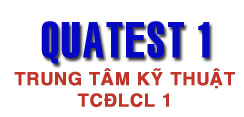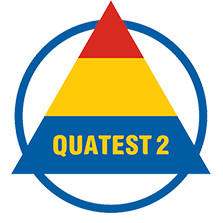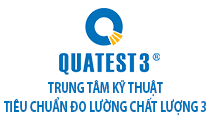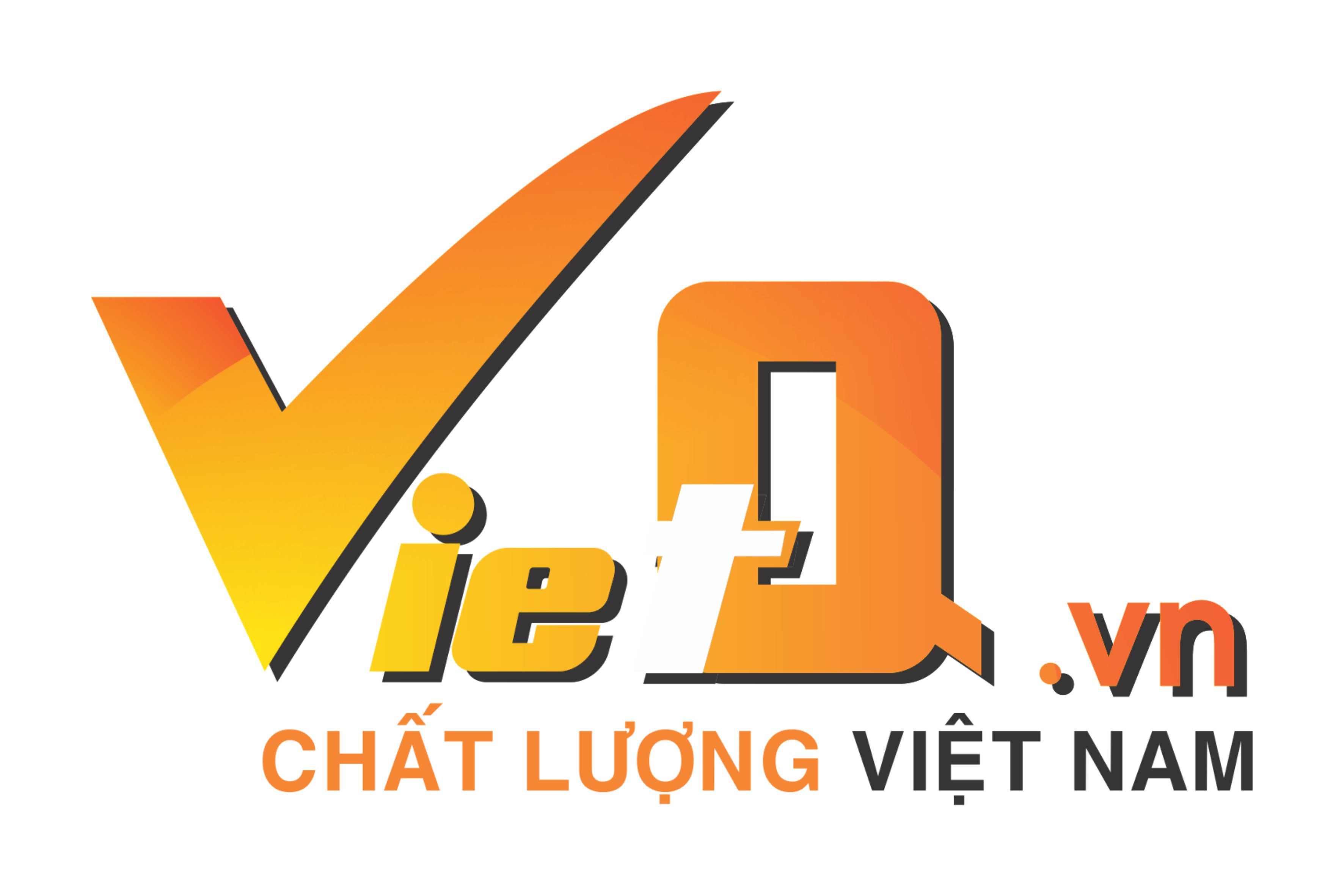Technology Solutions and Standardization to tackle Mekong Delta’s Rising Sea Levels
Post date: Wednesday, Apr 24, 2024 | 20:00 - View count: 492
On April 24, an international workshop on technology solutions and standardization to tackle rising sea levels in the Mekong Delta region took place.
This workshop marked the beginning of a voluntary cooperation among various Australian science groups, including the Vietnamese Australian Scholars & Experts Association (VASEA), the Association of Vietnamese Experts and Scholars in Queensland (AVESQ), and the Directorate for Standards, Metrology and Quality (STAMEQ) under the Ministry of Science and Technology.
The online conference attracted the participation of over 200 delegates from the Department of Science and Technology, Department of Natural Resources and Environment, Department of Agriculture and Rural Development, Department of Construction, Departments of Standards, Metrology and Quality of 13 provinces in the Mekong Delta, representatives of research institutes, universities, experts, and scientists in Australia and Vietnam: Dr. Ha Minh Hiep – Acting Director General of the Directorate for Standards, Metrology and Quality, and Dr. Pham Thu Hien from CSIRO, Australia, delivered opening speeches introducing the project and collaborative efforts between Vietnam and Australia.
At first, Dr. Quach Van An – Deputy Director of the Department of Science and Technology of Ca Mau province presented on the current situation of sea-level rise in Ca Mau along with existing and ongoing solutions. Sea-level rise is becoming a significant threat with increasingly severe impacts globally, particularly in Vietnam. Ca Mau, with its intricate river systems connecting to the sea, is one of the most heavily affected areas. Although priority projects exist to address climate change and rising sea levels, there are still challenges in terms of mobilization, inconsistent operations, and insufficient funding for response programs.
Regarding water security, Dr. Nguyen Phuong Dung – lecturer at Thuy Loi University, Professor Nghiem Duc Long – lecturer at the University of Technology Sydney, and Dr. Nguyen Duy from CSIRO, Australia, discussed challenges from both natural and human-made conditions affecting water security such as water sharing, climate change, and land subsidence and erosion. The experts also introduced modern monitoring and forecasting technology, including the use of satellite data and artificial intelligence, as well as new technologies for water storage and filtration that Australia employs and could be applied in Vietnam.


Dr. Trieu Viet Phuong – Director of the Vietnam Standards and Quality Institute (VSQI) mentioned the issue of standardization in responding to sea level rise, emphasizing the role of standards in supporting solutions to the sea level rise and climate change problems. The presentation also provided an overview of the status of standardization worldwide and in Vietnam, proposing specific measures to improve the national standards system to respond to sea-level rise in the Mekong Delta.
The workshop also focused on adaptation and risk reduction strategies for rising sea levels from an agronomic perspective, presented by Dr. Linh Hoang – lecturer at the University of Queensland, Australia.
Dr. Linh Hoang provided information on measures successfully applied in agriculture worldwide to adapt and mitigate the impacts of sea-level rise. Specifically, Dr. Hoang highlighted carbon sequestration through biological methods and proposed integrating these into models adapting to climate change and sea-level rise in the Mekong Delta. This integration is expected to yield significant economic and environmental benefits.

Professor Ngo Duc Tuan, lecturer at the University of Melbourne, introduced new research and construction technology solutions for infrastructure and urban development projects adapting to climate change. The presentation assessed urgent issues such as the lack of construction sand, the effects of salinity and subsidence, and proposed the use of new materials and advanced technology to build affordable housing and protect the environment. Following this, Professor Dung Dao – lecturer at Griffith University, Australia, discussed the role of IoT and AI technology in responding to sea-level rise. Solutions include agricultural monitoring, erosion control, and flood response, aiming to provide timely warning information and solutions to protect the community and infrastructure.
The workshop “Technology Solutions and Standards tackle Rising Sea Levels in the Mekong Delta” created a forum for scientists, policymakers, and businesses to discuss current challenges and seek innovative solutions, while also promoting international cooperation in research and technology applications. The workshop emphasized the role of knowledge sharing and research, applying national and international standards to address the urgent issues Vietnam faces due to climate change impacts. The workshop promised to be an important step in forming a multimedia system for addressing sea-level rise issues, protecting water resources, and ensuring water security in Vietnam.
Pham Hien – Ngoc Bich




















